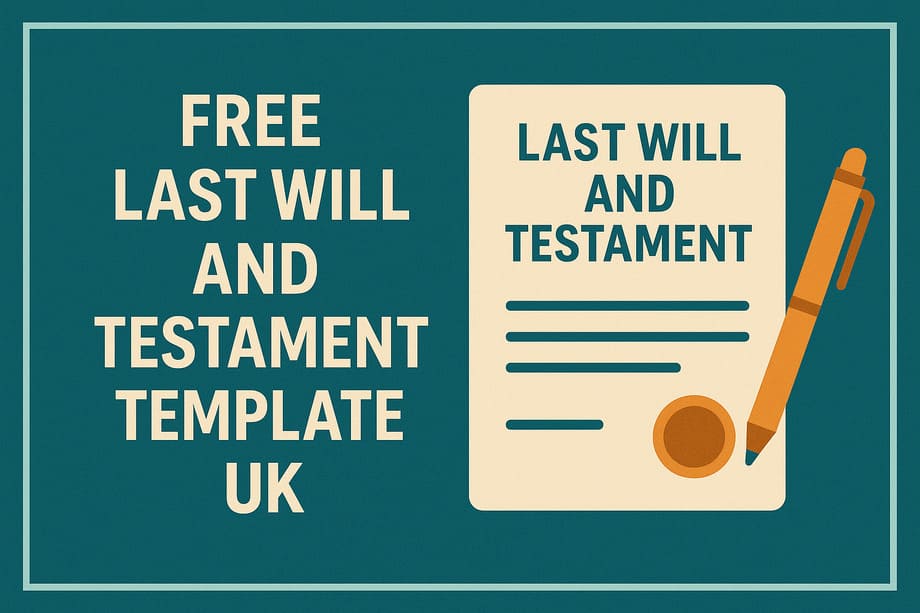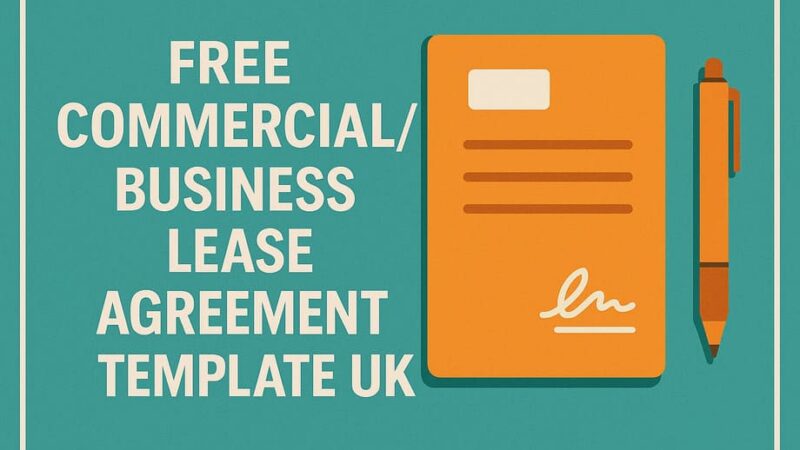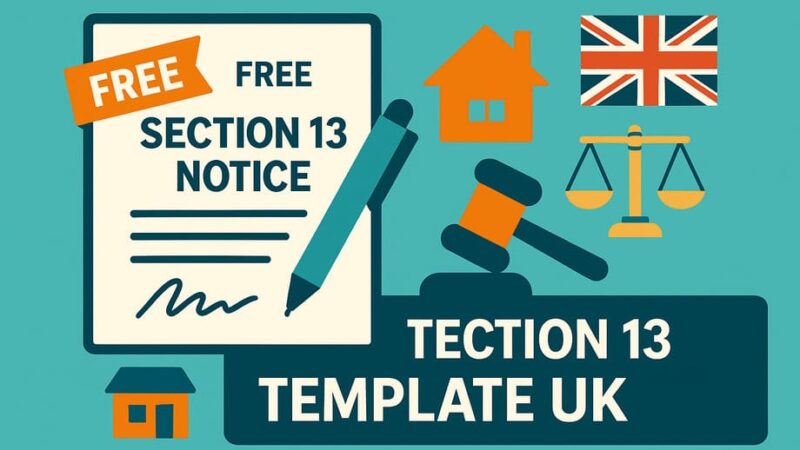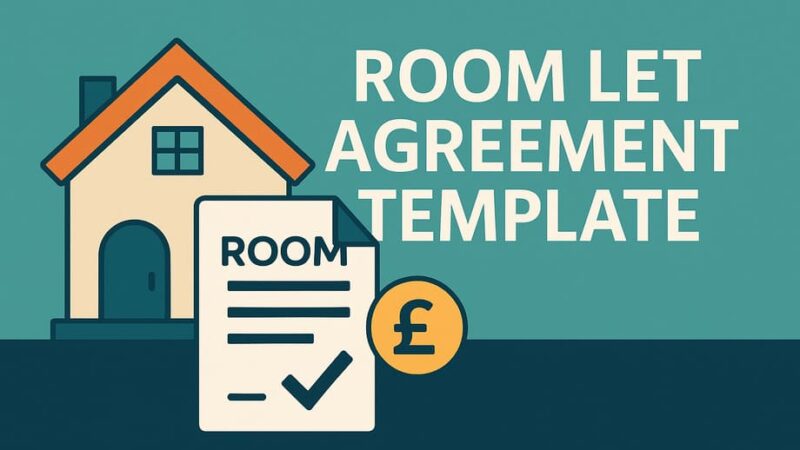Free Last Will And Testament Template UK

When it comes to putting your affairs in order, a Last Will and Testament is an essential document. Your Will allows you to state your wishes regarding the distribution of your assets and property after you die, and can help to avoid any disputes between your loved ones.
While the thought of writing a Will may be daunting, it’s actually a relatively straightforward process, and there are plenty of resources available to help you. In this blog post, we’ll cover everything you need to know about creating a Last Will and Testament in the UK, including why you need one, how to value your estate, who to include in your Will, and how to execute and store your Will.
Introduction
A Last Will and Testament is a legal document that sets out your wishes regarding the distribution of your assets and property after you die. Your Will can also be used to appoint a guardian for any minor children, and to make arrangements for the care of any pets.
While it’s not legally required to have a Will in place, it’s highly recommended, as it can help to avoid any disputes between your loved ones after you’re gone. Without a Will, the distribution of your assets will be decided by the intestacy rules, which may not be in line with your wishes.
Download Free Last Will and Testament Template UK
Why do I need a Last Will and Testament?
There are a number of reasons why you might need a Last Will and Testament, even if you don’t have a lot of assets. If you have young children, for example, you’ll need to appoint a guardian in your Will to take care of them if you die.
If you own a property, your Will can be used to specify who you would like to inherit it. This is particularly important if you’re not married, as your partner wouldn’t automatically inherit your property if you died intestate.
Your Will can also be used to make arrangements for the care of any pets you might have. While it’s not legally binding, it can be helpful to include your wishes regarding your pets in your Will, so that your loved ones know what you would like to happen to them.
How do I value my estate?
When it comes to putting a value on your estate, there are a few things you need to take into account, including any property you own, any savings and investments you have, and any debts you might owe.
It’s a good idea to get a professional valuation of your property, as this will give you a more accurate figure for your estate. You can then add up the value of your savings and investments, and subtract any outstanding debts. This will give you a rough estimate of the value of your estate.
Who do I include in my Will?
When it comes to deciding who to include in your Will, there are a few things you need to take into account. First, you need to decide who you would like to inherit your assets and property. This might be your spouse, children, or other close relatives.
You also need to consider who you would like to appoint as executor of your Will. This is the person who will be responsible for ensuring that your wishes are carried out after you die, so it’s important to choose someone you trust.
Can my spouse and I have one Will?
Yes, you and your spouse can have a joint Will, which will cover both of your assets and property. This can be a good option if you want to make sure that your assets are distributed in a certain way after you both die.
How do I execute my Last Will and Testament?
Once you’ve written your Will, you need to sign it in the presence of two witnesses. Your witnesses must be over the age of 18 and must not be beneficiaries of your Will.
Once your Will is signed, you need to store it in a safe place. It’s a good idea to keep it with your other important documents, such as your birth certificate and marriage certificate.
Where should I store my Will?
Once you’ve written and executed your Will, you need to store it in a safe place. It’s a good idea to keep it with your other important documents, such as your birth certificate and marriage certificate.
You can also store your Will with a professional storage company, or with your solicitor. If you store your Will with a professional company, make sure you keep a copy at home as well, in case the original is lost or damaged.
Can I make changes to my Last Will?
Yes, you can make changes to your Will at any time, as long as you follow the proper procedures. If you want to make a minor change, such as adding or removing a beneficiary, you can do this by making a codicil.
If you want to make a more significant change, such as changing your executor or changing the distribution of your assets, you’ll need to write a new Will. Remember to destroy any old copies of your Will when you make a new one, so that there’s no confusion about which one is valid.
Conclusion
Creating a Last Will and Testament is an important part of putting your affairs in order. Your Will allows you to state your wishes regarding the distribution of your assets and property after you die, and can help to avoid any disputes between your loved ones.
While the thought of writing a Will may be daunting, it’s actually a relatively straightforward process, and there are plenty of resources available to help you. In this blog post, we’ve covered everything you need to know about creating a Last Will and Testament in the UK, including why you need one, how to value your estate, who to include in your Will, and how to execute and store your Will.
Last Updated on October 16, 2025 by James Cartwright






![Letter to Tenant for Late Rent Payment [Free Template] 6 Letter to Tenant for Late Rent Payment [Free Template]](https://www.yourpropertyblog.co.uk/wp-content/uploads/2025/08/letter-to-tenant-for-late-rent-payment-template-800x450.jpg)
![Letter to Landlord About Damp and Mould [Free Template] 7 Letter to Landlord About Damp and Mould [Free Template]](https://www.yourpropertyblog.co.uk/wp-content/uploads/2025/08/letter-to-landlord-about-damp-and-mould-template-800x450.jpg)